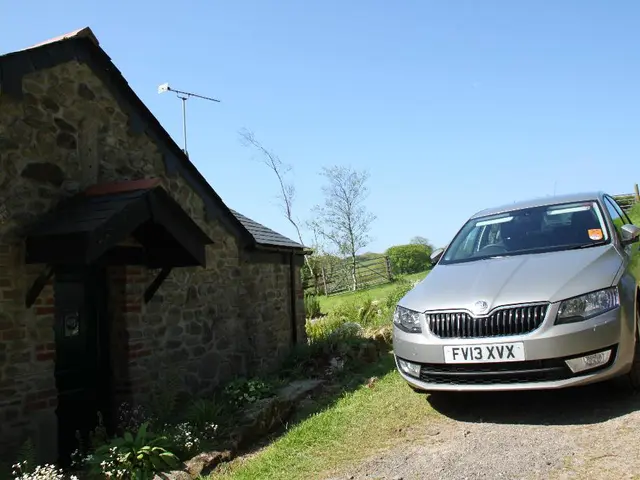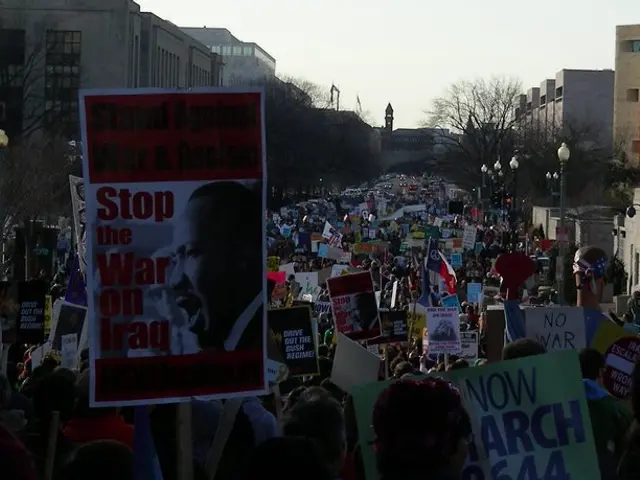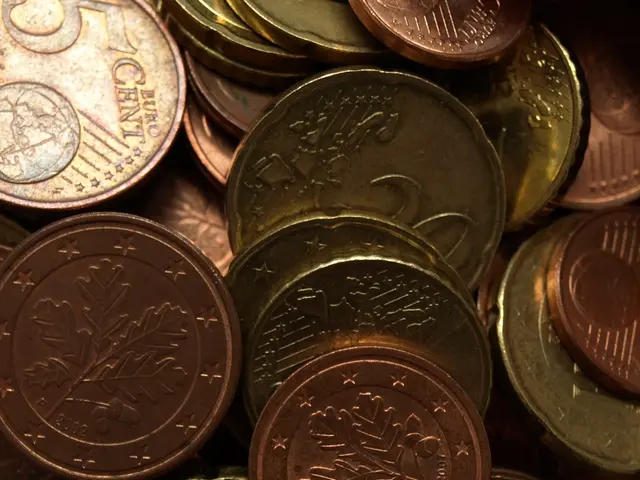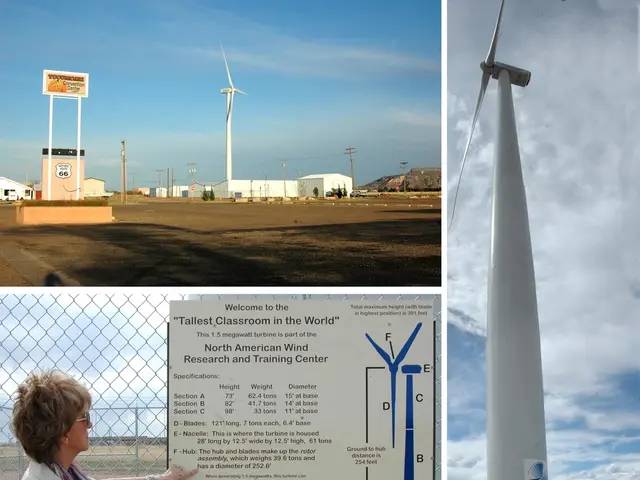South Korea's Ambitious Energy Shift: Phasing Out Nuclear by 2080
South Korea is shifting its energy policy, aiming to reduce reliance on coal and nuclear power. The government plans to increase renewable energy's share to 20% by 2030, phasing out nuclear power entirely by 2080. This transition, however, faces concerns about the country's suitability for large-scale renewable energy and supply reliability.
The Moon Jae-in administration is driving this change, implementing a nuclear phase-out policy. Six planned nuclear reactors will be cancelled, and existing reactors' licenses will not be renewed. All 24 currently operating reactors are set to close by 2080. This decision follows public safety concerns, particularly after the Fukushima meltdown and a 2016 earthquake in Gyeongju. Initially, the Shin Kori No. 5 and 6 nuclear plants were to be cancelled but were later resumed due to public opinion and cost concerns.
Starting from the 8th plan, electricity generation will prioritise environmental effects and safety alongside economic feasibility. The 8th Basic Plan on Electricity Demand and Supply estimates peak power demand at 100.5GW for 2030, allowing for the closure of nine reactors. The Korea Energy Agency (KEA), established to promote energy use rationalization and reduce greenhouse gas emissions, supports these changes.
The government expects electricity bills to rise by approximately 10.9% due to the energy transition, lower than the 13.9% increase over the past 13 years. President Moon, who campaigned on supporting renewables and liquefied natural gas for safe and clean energy, is committed to this transition. Despite challenges, South Korea is pushing forward with its ambitious energy policy.








